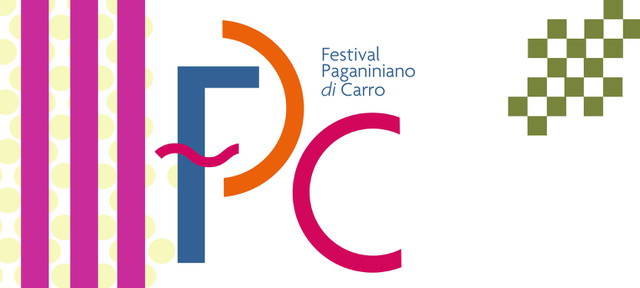Beyond Paternalism: Empowering the Individual Consumer – PNR294
It’s is World Consumers Rights Day, but are we truly free to choose?
Labels, taxes, and bans impose top-down rules, treating consumers as individuals to be cared for rather than empowered. Without freedom of choice, how can we develop critical thinking and autonomy? More than educating us, they are conditioning us to obey. Is it really for our own good?
Beyond Paternalism: Empowering the Individual Consumer – PNR294
WHAT’S HAPPENING March 15, World Consumers Rights Day, should be an opportunity to celebrate freedom of choice and consumer autonomy.
- Yet in Europe, consumers are increasingly treated as fragile individuals, incapable of making informed decisions without the intervention of the state and institutions.
READ IT AGAIN: A TOAST TO ABSURDITY
GOOD AND BAD This is especially true for food and lifestyle choices, two crucial factors in combating obesity and non-communicable diseases – the true pandemic of the century.
- Front-of-pack labels like Nutri-Score on cookies, cheese, and ham, warning labels on wine and beer, sugar taxes on soft drinks, incentives to reformulate traditional products, and the subtle boycott of meat are just some of the tools governments use to steer consumers toward what they deem the “right” choices.
The result? Less freedom, more dependence on institutions.
WHY IT MATTERS An informed consumer with critical thinking skills acts in their own best interest and reduces unintended consequences. However, without education and experimentation, autonomy cannot develop.
- When everything is decided from above, citizens get used to delegating decisions and following directives without understanding why.
This paternalistic mindset goes beyond food; it permeates our entire society.
- The more people are guided, the less capable they become of making choices. Overprotection leads to a standardized society that stifles freedom and diversity, slowing innovation, growth, and well-being.
MODERN FEUDALISM The idea that consumers are incapable of making conscious choices is rooted in a feudal mentality that we have never truly abandoned. In the past, rulers, princes, and landlords imposed rules on their subjects in the name of divine power.
- Today, power is no longer in the hands of nobility but of public institutions and organizations that, through regulations and directives, make decisions for consumers.
- The mechanism is the same: rules are imposed from above, leaving no room for critical thinking or self-determination.
SCIENCE AS DOGMA Authority once relied on religion; today, it relies on science. But not science as an experimental method – instead, as an infallible, absolute truth used to justify policies that dictate behavior.
SCIENCE AS A METHOD Science, however, is never definitive. It is a continuous, arduous process built on trial and error.
- Yet today, governments seek to regulate individual choices based on so-called certainties that are anything but certain.
THE FAILURE PARADOX Failure, the foundation of knowledge, is no longer accepted – it clashes with the feudal logic of infallibility. It is seen as a problem rather than an opportunity to learn.
As a result, we perpetuate a society of increasingly passive individuals, dependent on those who decide for them.
CONSUMERS OR SUBJECTS? Labels, taxes, and bans do not educate; they impose. The implicit message is clear: you are not capable of choosing for yourself.
- If people are conditioned to follow rules without understanding their rationale, how will they ever develop critical thinking and decision-making autonomy?
The issue is not just political; it is cultural. For years, schools and families have failed to teach responsibility and independent decision-making. We grow up in a system that rewards obedience over independent thought.
SCHOOLS AND FAMILIES NO LONGER TEACH CRITICAL THINKING Schools cover a wide range of topics – except how to nourish ourselves and maintain a balanced lifestyle.
- They teach abstract concepts about what is healthy and what is harmful, but they fail to provide the tools needed to understand metabolism, bodily functions, nutrients, and their interaction with the environment.
The result? A citizen dependent on official guidelines rather than someone with personal knowledge and the ability to make decisions based on their own needs.
THE WAY OUT Teaching critical thinking is complex and requires time and effort. Imposing rules and labels is far easier and faster. And yet, the very people advocating for consumer empowerment are the ones promoting policies that make consumers more dependent on the state.
BEYOND PATERNALISM We must overcome this paternalistic mentality and build a model based on education, critical thinking, and experimentation.
- A consumer who learns by doing, adapting, and finding their own nutritional balance becomes autonomous and aware.
- Conversely, a consumer who is overly guided becomes dependent on imposed rules and, when those rules disappear, is left disoriented and incapable of making independent choices.
WHAT NEEDS TO BE DONE We don’t need more regulation—we need more education.
- Educating means facilitating access to knowledge, fostering critical thinking, and promoting freedom of choice.
- Schools, families, and even social media must encourage autonomy, not conformity.
Only a free consumer can truly exercise their rights.






